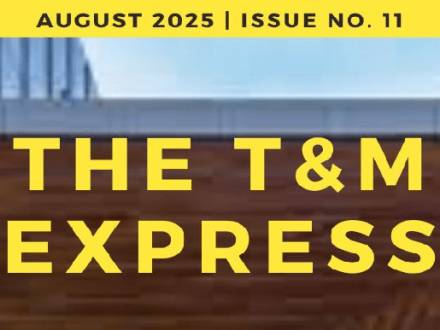Understanding Plea Bargains in Illinois: A Practical Guide
 Understanding Plea Bargains in Illinois: A Practical Guide
Understanding Plea Bargains in Illinois: A Practical Guide
If you’re facing criminal charges in Illinois, you might hear the term "plea bargain" early on. It’s a common way cases are resolved, but many people don’t fully understand how it works or what it means for their future.
This guide will walk you through the process — step-by-step — so you know what’s involved, the benefits, the risks, and why having a knowledgeable attorney matters.
What Is a Plea Bargain?
A plea bargain is a negotiated agreement between you (the defendant) and the prosecutor:
- You agree to plead guilty to a charge.
- In exchange, the prosecutor offers something in return — such as reducing the charge, recommending a lighter sentence, or dropping other charges.
In Illinois, every plea bargain must be approved by a judge before it becomes final, because it’s only a recommendation for a resolution.
The Three Main Types of Plea Bargains
- Charge Bargaining – The charge itself is reduced.
Example: A felony theft charge might be reduced to a misdemeanor theft charge. - Sentence Bargaining – The charge stays the same, but the recommended sentence is lighter.
Example: Pleading guilty to a DUI in exchange for court supervision, if eligible, instead of a conviction. - Count Bargaining – In cases with multiple charges, you plead guilty to some counts and the rest are dismissed.
Example: Pleading guilty to one count of drug possession and having two related counts dropped.
The Judge’s Role
Even if you and the prosecutor agree, the judge must make sure:
- The plea is voluntary and you aren’t being pressured.
- You understand the charges and the consequences of pleading guilty.
- There is a factual basis — meaning enough evidence exists to support the charge.
If the judge feels the agreement is unfair or illegal, they can reject it.
Why People Accept Plea Bargains
- Predictability – Avoiding the uncertainty of a trial.
- Reduced Penalties – Lesser charges or lighter sentences.
- Faster Resolution – Trials can take months or even years; plea bargains can conclude a case much sooner.
- Privacy – Trials are public; a plea can keep some details out of the spotlight.
Potential Drawbacks
- Permanent Criminal Record – A guilty plea often results in a conviction.
- Loss of Trial Rights – You waive the chance to challenge the prosecution’s case.
- Collateral Consequences – Effects on employment, immigration status, or professional licensing.
How Plea Bargains Are Negotiated in Illinois
Negotiations typically happen between your defense attorney and the prosecutor. Factors influencing the deal include:
- The strength of the evidence
- The seriousness of the charges
- Your criminal history (if any)
- Victim input, in certain cases
A skilled defense attorney knows how to leverage these factors to secure the best terms possible.
Key Takeaways
- A plea bargain is a trade — you give something up and get something in return.
- The judge must approve it before it’s binding.
- It’s a serious, often permanent decision that can shape your future.
- The right legal guidance can mean the difference between an unfavorable deal and a strategic resolution.
Bottom Line:
Plea bargains are powerful tools in Illinois criminal cases, but they aren’t one-size-fits-all solutions. Before agreeing to one, you should understand the legal consequences, your alternatives, and the long-term impact on your life. An experienced Illinois criminal defense attorney can help you navigate this process, protect your rights, and work toward the best possible outcome. Need help with a case? Contact our skilled attorneys at the Law Offices of Tedone & Morton, PC today at 815-666-1285!










